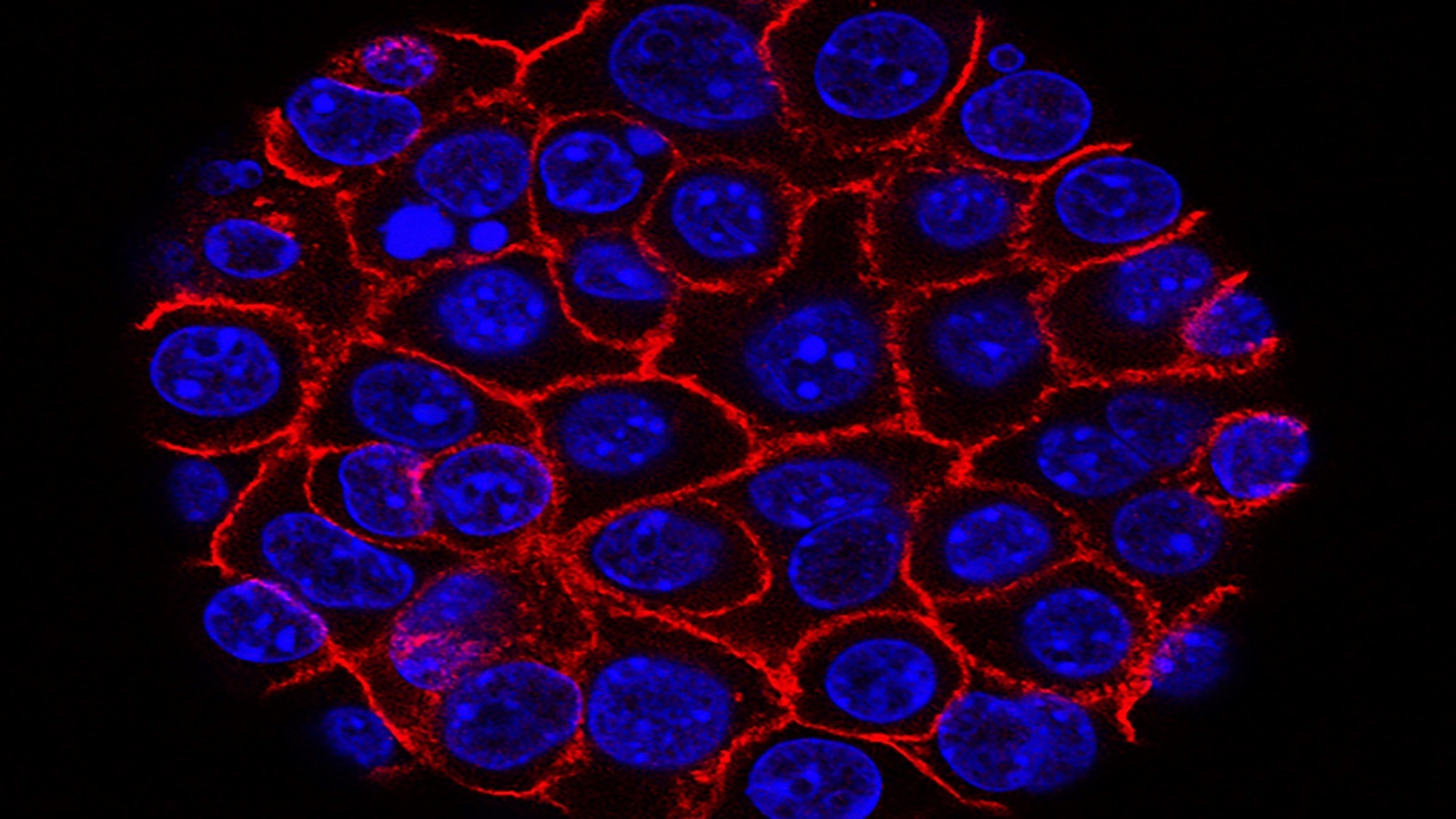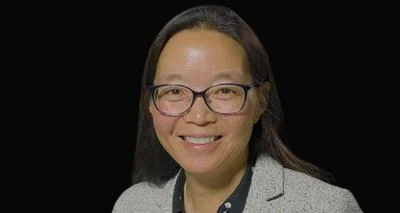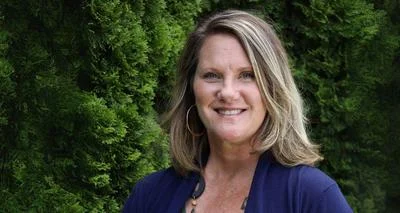Photo of a pancreatic cancer cell | Unsplash/National Cancer Institute
Photo of a pancreatic cancer cell | Unsplash/National Cancer Institute
The University of Wisconsin Health Pancreas Cancer Prevention Program is now monitoring 1,000 high-risk patients.
It is important to develop a better way to track pancreatic cancer, because widespread screening is not as effective, according to WKOW.
“We needed a better way to identify pancreas cancer earlier in those who are at the highest risk of developing it,” UW Health Surgical Oncologist Dr. Rebecca Minter said, according to WKOW. “Because pancreas cancer presents in patients too late for a surgical option about 75% of the time.”
Current screenings don't always catch pancreatic cancer in time for surgery, so this new prevention program is looking to find it sooner. MRI and CT scans can identify cysts that can indicate pancreatic cancer, per WKOW. The ultimate goal is to develop a new screening process that is less invasive than an MRI scan and an endoscopic ultrasound.
“We approach this work with hope,” Minter said, according to WKOW. “We won’t give up on preventing this deadly cancer and we don’t want our patients or our community to either."
Pancreatic cancer is cancer that begins in the pancreatic tissues. The pancreas is an organ in the lower stomach that aids digestion and produces hormones that manage blood sugar levels, according to WKOW.
Pancreatic cancer is rarely detected early because it often doesn't produce symptoms until later stages when it spreads to other organs, according to the Mayo Clinic.
The Mayo Clinic says symptoms of pancreatic cancer may include abdominal pain that radiates down your back, loss of appetite, unexplained weight loss, yellowing of skin and whites of eyes, light-colored stools, dark urine, itchy skin, recent diabetes diagnosis, existing diabetes that's more difficult to manage, blood clots and/or fatigue.
WKOW reported UW Health's Pancreas Cancer Prevention Program is made up of surgical oncologists, gastroenterologists, radiologists, genetic counselors, a nurse navigator and more.





 Alerts Sign-up
Alerts Sign-up